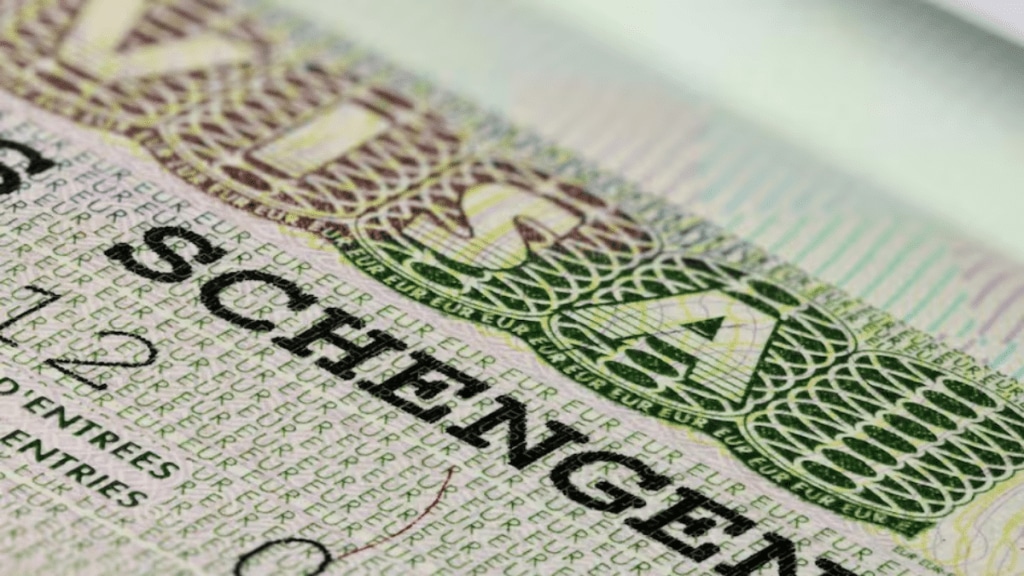A Filipino citizen working full-time in Japan has successfully secured a short-stay Schengen visa to Italy after initially facing rejection due to weak financial documents. Her story is now serving as a hopeful guide for others navigating the often daunting visa process.
Visa Purpose and Initial Rejection
The applicant, who holds a Philippine passport and resides in Japan with a valid residence card, applied for a Type C short-stay Schengen visa to visit her boyfriend in Italy. Despite submitting several documents, her first visa application on June 10, 2025, was not accepted by the Italian consulate in Tokyo. The rejection was reportedly due to a lack of strong financial documentation.
Successful Second Attempt
Undeterred, she scheduled a second appointment for June 18, this time with updated and complete paperwork. The revised application included her boyfriend’s documents, as he became her financial sponsor. He provided a signed letter of sponsorship, his work ID, recent payslips, lease agreement, passport copy, and a residence certificate.
The applicant also included a 6-month transaction history from her Japan Post bankbook, a certificate of employment from her school, and a formal leave approval letter. Her daily itinerary, round-trip flight confirmation, and travel insurance covering €30,000 were all submitted as per the checklist.
The visa was approved and stamped in her passport, which she picked up on July 7, 2025. The visa duration matched her travel dates exactly. The applicant noted that non-essential documents such as a cover letter or photos with her boyfriend were not required and were, in fact, dismissed by the consulate staff.
She emphasizes that even after rejection, a well-prepared application with the correct sponsorship and accurate financial proof can lead to approval. She advises others to strictly follow the embassy’s checklist, reflect sponsorship clearly in the application form (especially in Question 33), and avoid including unnecessary documents.
